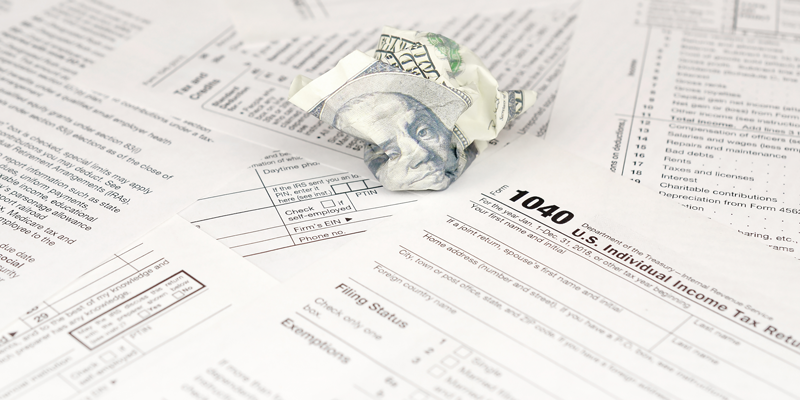How Long Should You Keep Your Tax Records?
Attention tax filers! How long should you keep your tax records? While the standard rule of thumb is to retain tax documents for at least three years, it’s essential to know that the IRS can return to SIX years during an audit for underreported income or fraud.
It’s crucial to keep your tax records safe and sound for at least six years to ensure compliance and stay on the IRS’s good side. Failure to maintain sufficient documentation could lead to complications in the event of an audit.
At Keystone CPAs, we understand the importance of record-keeping and its impact on tax obligations. By adhering to the six-year recommendation, you can mitigate risks and demonstrate transparency in your financial affairs.
Remember, when it comes to tax records, it’s better to be safe than sorry. Stay organized, keep track of your documents, and consult with tax professionals like Keystone CPAs to ensure you’re well-prepared for any potential IRS inquiries. And always remember, the six-year rule is not just a suggestion, it’s a crucial part of tax compliance.
For expert guidance on tax preparation, compliance, and record-keeping best practices, look no further than Keystone CPAs. We’re here to assist you every step of the way, ensuring you’re well-prepared for any potential IRS inquiries. Reach out to us today to learn more about how we can help you navigate the complexities of tax obligations and financial responsibilities.
#TaxTips #RecordKeeping #IRSCompliance



